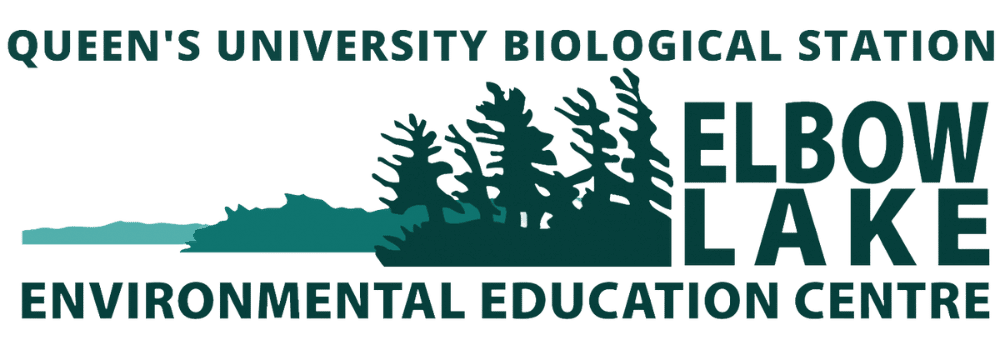Quills Subject Area: Health
Culminating Activity: Becoming a Change Maker
After communicating with local Indigenous and non-Indigenous leadership, students propose a plan for how to deal with a local climate change issue. Students are provided with different options for how they will demonstrate their understanding.
- Bundle: Food
Living in Reciprocity
Depending on the time of the year this Learning Bundle is taught, students can engage in seed starting, planting, tending to, harvesting, or seed saving. If the class or school does not have its own garden, the class can arrange to visit the garden at Elbow Lake or another community garden in the region.
- Bundle: Food
Culminating Task: Spreading the Word about Invasives
Students pick an invasive species to research and report on. Research must touch on the impact the species has on Indigenous land-based practices and how management practices are informed by both Indigenous and non-Indigenous ways of knowing.
- Bundle: Tools
Dutch Elm Disease: A Threat to Longhouses and other Building Materials
Students learn about Dutch Elm disease and its impact on Elm trees and Haudenosaunee tools. Through a communicable disease lab students recognize the parallels between the transmission of Dutch elm disease and human diseases such as tuberculosis.
- Bundle: Tools
Ohèn:ton Karihwatéhkwen (The Words That Come Before All Else)
Students learn the The Ohen:ton Kariwatehkwen (The Words that Come Before all Else or the Thanksgiving Address) and reflect on how it positions humans in a rich, interdependent web of relationships with elements in the natural that must be related to with reciprocity. As an extension students journal in an outdoor sit spot about what they are grateful for in nature.
- Bundle: Food
Taking Responsibility to Reduce the Effects of Climate Change
Students learn to distinguish between the natural vs. human-caused greenhouse effect and discuss how colonization disrupted relationships characterized by reciprocity with the natural world and in so doing has contributed to the greenhouse effect.
- Bundle: Food



